Aks-e-Benazir: Aseefa Bhutto Zardari Rekindles Shaheed Bibi’s Legacy
By Sania Kamran
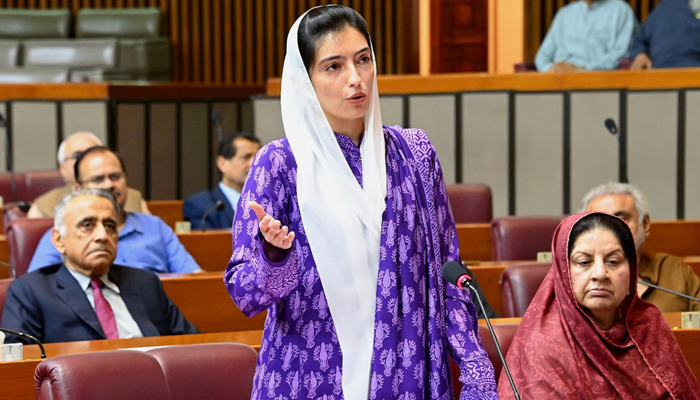
While Pakistan marks Shaheed Mohtarma Benazir Bhutto's 72nd birth anniversary tomorrow, her brave voice, unrelenting devotion to democracy, and strong advocacy for the disenfranchised still reverberate strongly throughout our national awareness. Still, yesterday in the distinguished floor of the National Assembly, we saw something beyond remembering: a resurrection of her spirit in the person of her youngest daughter, Aseefa Bhutto Zardari.
The budget speech of Pakistan's first lady was on unity, patriotism, public service, not only economics. She started her speech by saluting the Armed Forces of Pakistan with sincere respect for their bravery and sacrifices in protecting the country. As she pointed out to the gathering that should another calamity strike Pakistan, every lady, man, and child would stand alongside our military to defend the nation, her words echoed with honesty. Her regard for our military institutions in a time of regional and worldwide uncertainty reaffirmed her family's long-standing dedication to national integrity.
Her recognition of her brother, Chairman Bilawal Bhutto Zardari, for his outstanding diplomatic performance under difficult conditions was equally strong. Particularly when the country was under global isolation and severe difficulties, she commended Bilawal for representing Pakistan with grace, clarity, and bravery. This tribute honored not just family pride but also a recognition of Bilawal's rise to become a statesman whose leadership is being recognized globally.
In a country struggling with socio-economic challenges, environmental disaster, and the weight of inequality, Aseefa Bhutto's address was more than just a contribution to a budget debate; it was a moment of moral clarity and political direction. She spoke not as a dynast but as a true representative of the people, repeating the exact ideals that characterized her martyred mother's politics: empathy, inclusivity, and unrelenting bravery.
A indictment of the status quo and a fervent call for a progressive, pro-people, pro-women budget, Aseefa Bhutto Zardari's words were She reminded the house—and the country—that economic growth lacking human development is futile. Our fascination with financial goals must not surpass the hunger, suffering, and aspirations of the worker, the mother, the pupil, and the flood-hit household. She reminded us that budgets are political documents, reflecting who we choose to serve. Aseefa did the same, gracefully and steely, just like Shaheed Benazir Bhutto stood firm in her conviction that statecraft should give the underprivileged first priority.
Aseefa presented at the center of Pakistan's ongoing tragedy—millions of kids deprived of the right to learn—by calling for a national educational emergency. She demanded that health and education, fundamental human rights, be raised from symbolic allocations to urgent national priorities instead of luxuries. This was a well-researched, emotionally astute, and intellectually grounded argument for social justice, not a populist speech.
She was equally aggressive in contesting regressive tax measures, especially the General Sales Tax on solar panels, which jeopardize to disincentivize clean energy in a nation currently experiencing one of the worst energy crisis in its history. She pointed to the grim fact that 56 million Pakistanis still live without power and that those in her own constituency experience up to 15 hours of daily load shedding. These facts were more than just numbers in her presentation; they were pleas from actual people—people she stood for in a hall where many overlook them.
Celebrating the 21% growth in the Benazir Income Support Programme (BISP)—one of Asia's biggest social safety nets—she did more than just recognize a PPP success. Insisting that economic empowerment cannot be delinked from social uplifting, she requested its enlargement to cover female literacy and health insurance. And in a moment that was as powerful as it was personal, she stated: “Women are not a sector of the economy. We are half the population.”
Her speech called for gender inclusive development, demanding more than tokenism—that is, actual, structural transformation. She stood as one—a First Lady, a legislator, and a torchbearer for Pakistan's daughters—she didn't just support women.
Further marking her as a contemporary, internationally conscious legislator, Aseefa acknowledged climate change, disaster preparedness, and Sindh's innovative post 2022 floods. It was more than just a number when she proudly pointed out that the Sindh administration built 2.1 million flood resistant homes; it was a reprimand of inaction and a demand to duplicate PPP's service first model across the country.
Aseefa called upon the towering shadow of her mother above all else not with nostalgia but with determination. Quoting Shaheed Zulfiqar Ali Bhutto, she concluded her talk by saying, "there are two sorts of politics: the politics of power and the politics of service." The politics of service is chosen by us. These weren't empty words. They made a pledge. Not as a mantel, but as a mission, Aseefa Bhutto Zardari chose her mother's legacy.
The country saw in her AkseBenazir—a reflection not only in blood and name but also in vision, bravery, and compassion.
Tomorrow, as we pay tribute to Shaheed Benazir Bhutto, let us not only read poetry but also burn candles. In the voice of Aseefa Bhutto Zardari, let us acknowledge that her legacy strolls among us, stands for us, and envisions for us. And if yesterday's speech is any indicator, Pakistan's democratic future is in strong, ethical hands.
Comments
Most Read
U.S. Ambassador Expresses Interest in Visiting Koh Samui — Ranked 7th Best Island in the World by Travel + Leisure
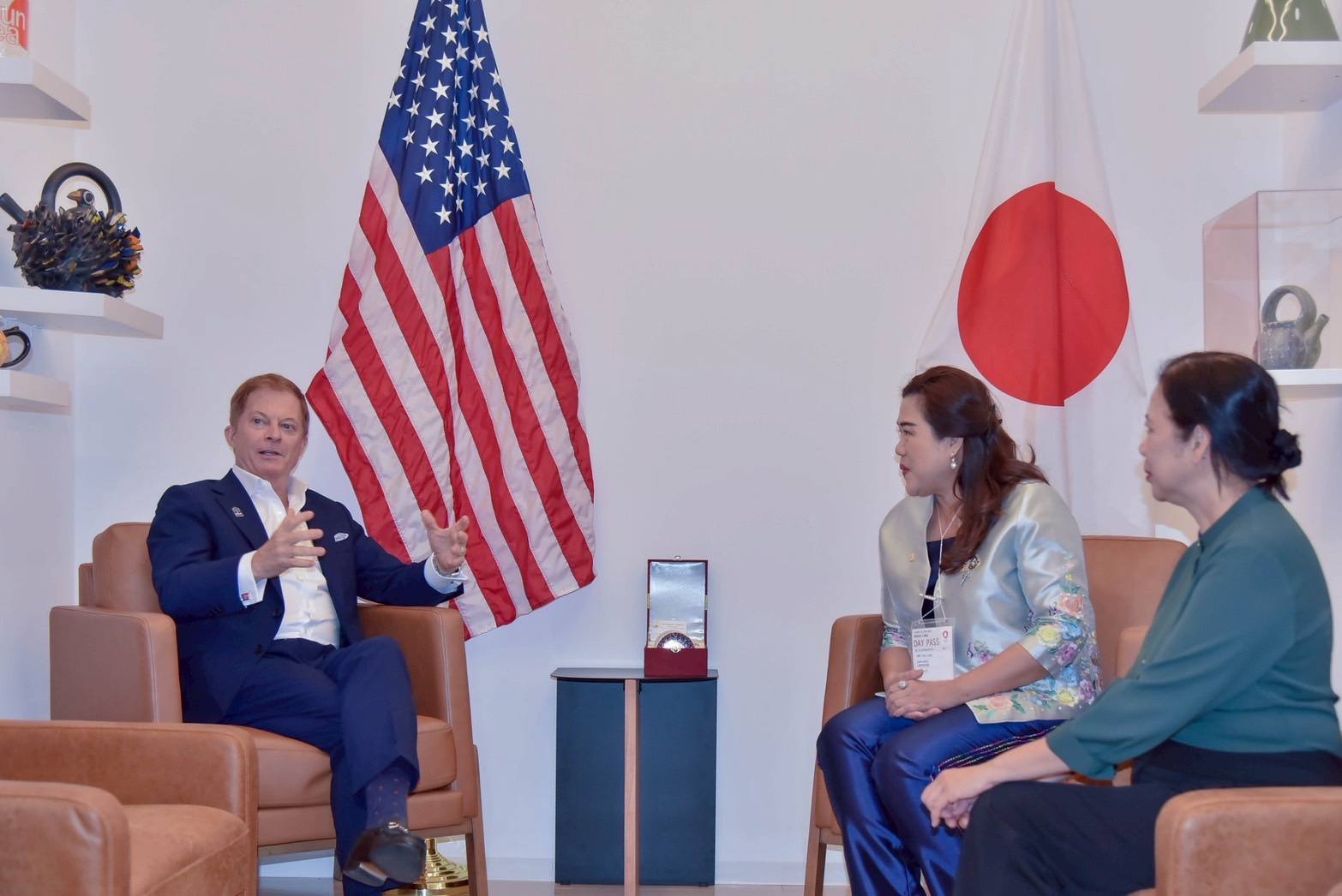
President Zardari Pays Homage to Martyred Army Officers in Bannu and South Waziristan
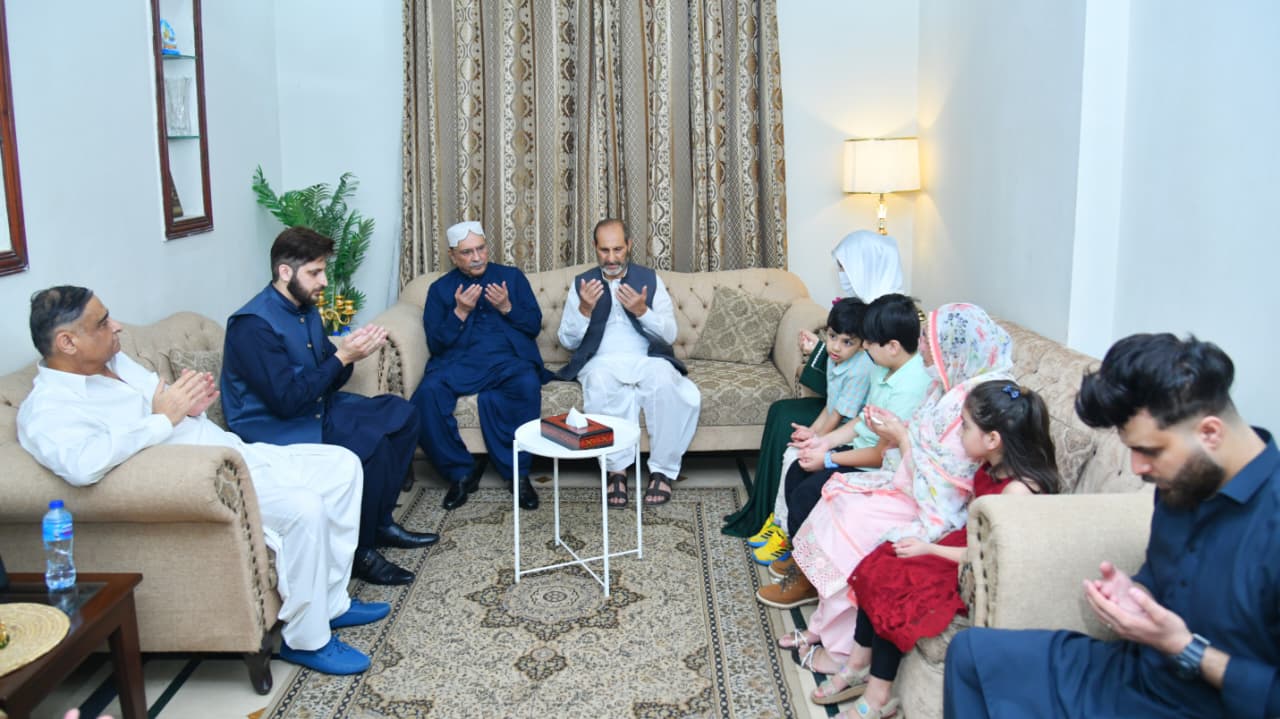
Pakistan Embassy in Thailand to Hold Khuli / E-Kachehri for Community
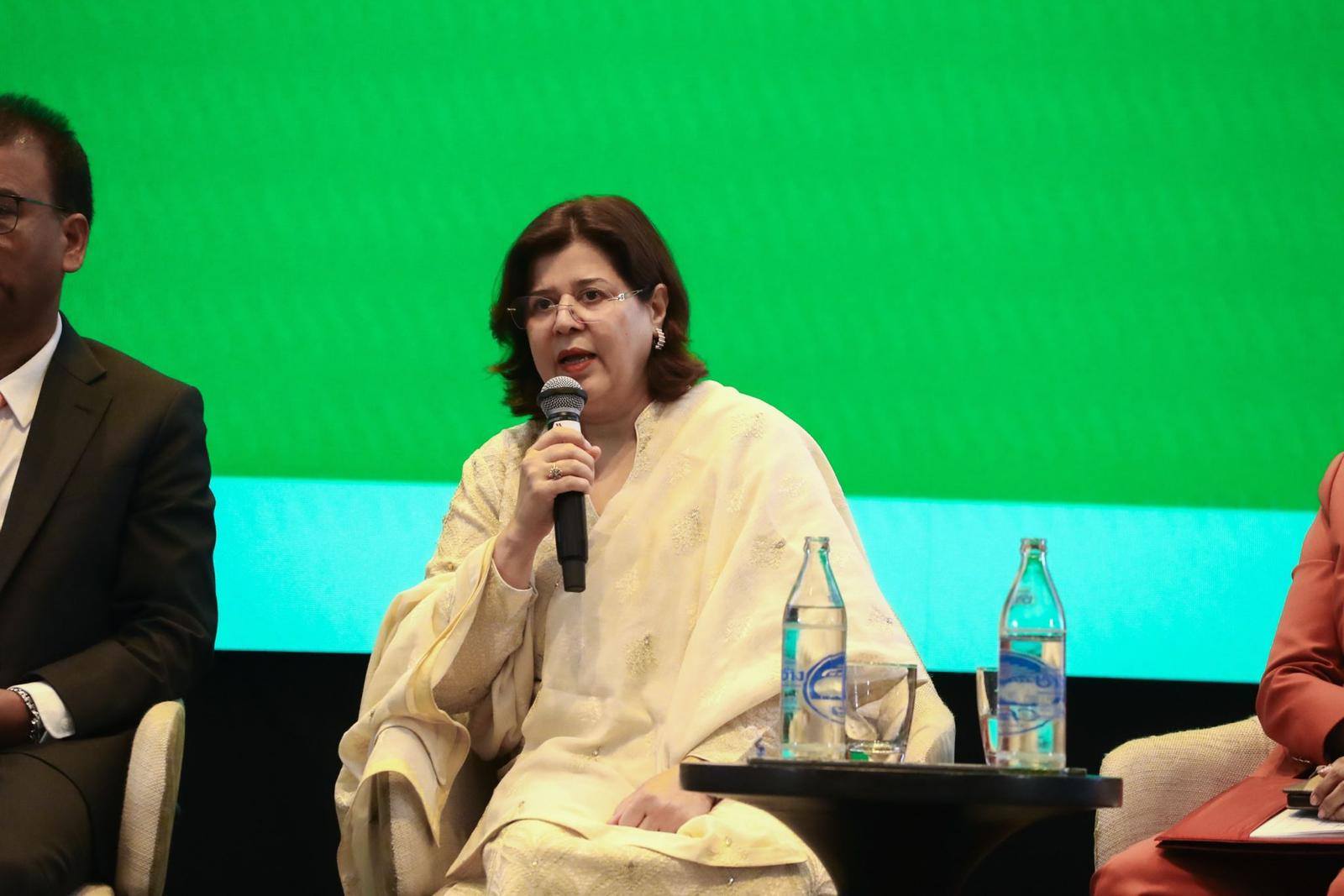
PPP Demands Agriculture Emergency and Immediate Relief for Flood Victims
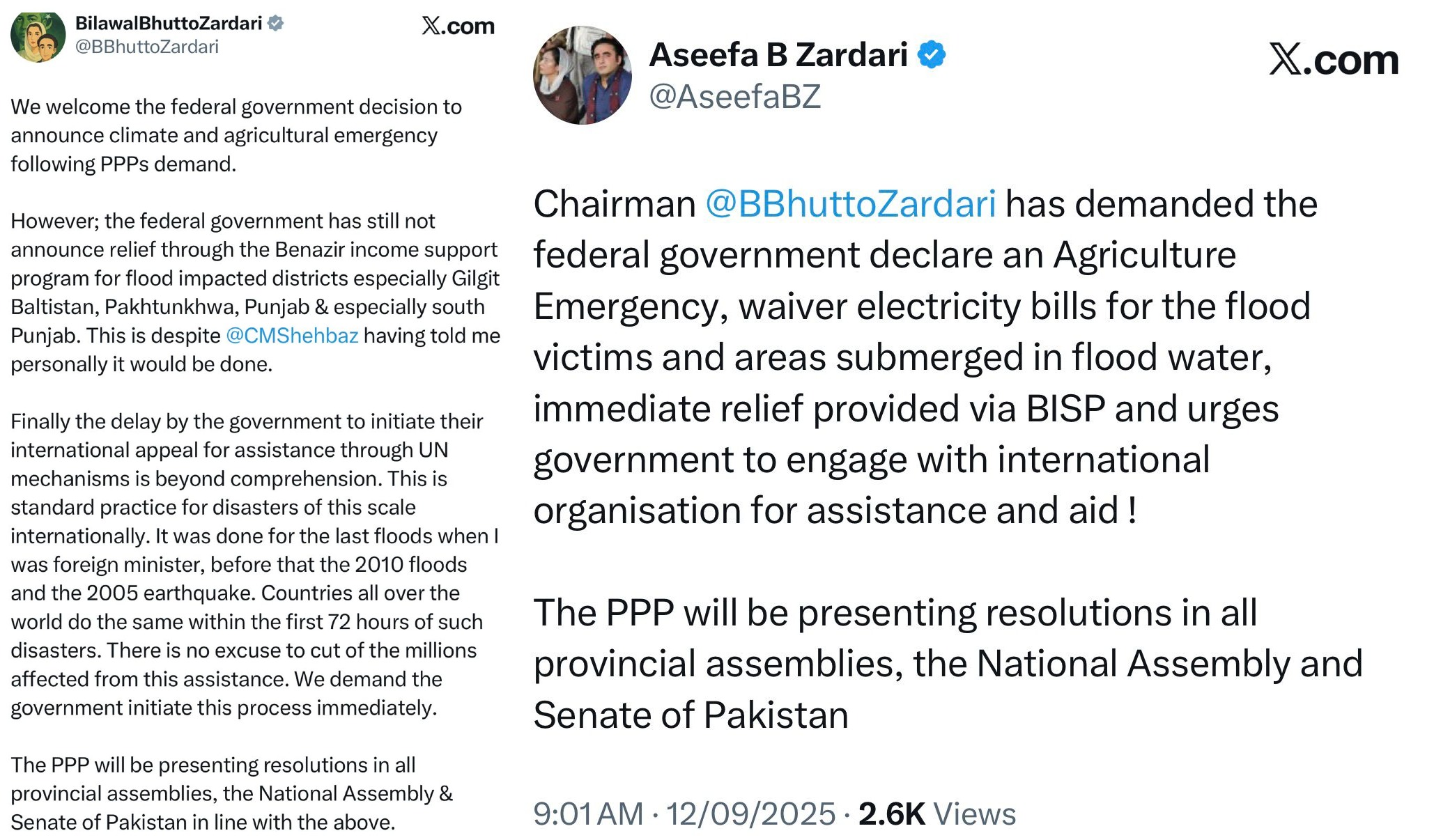
President Zardari Commends Security Forces on Elimination of Indian Proxy Terrorists
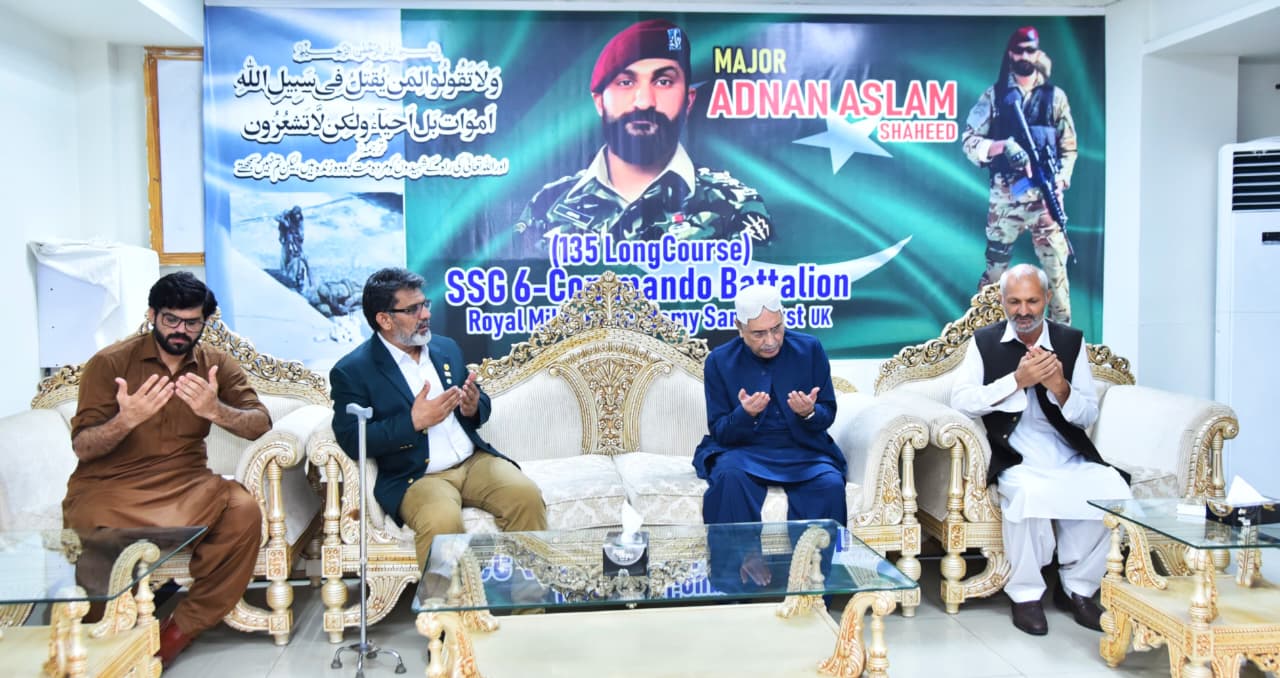
Important Seminar Held on 23rd Death Anniversary of Father of Socialism Sheikh Rashid
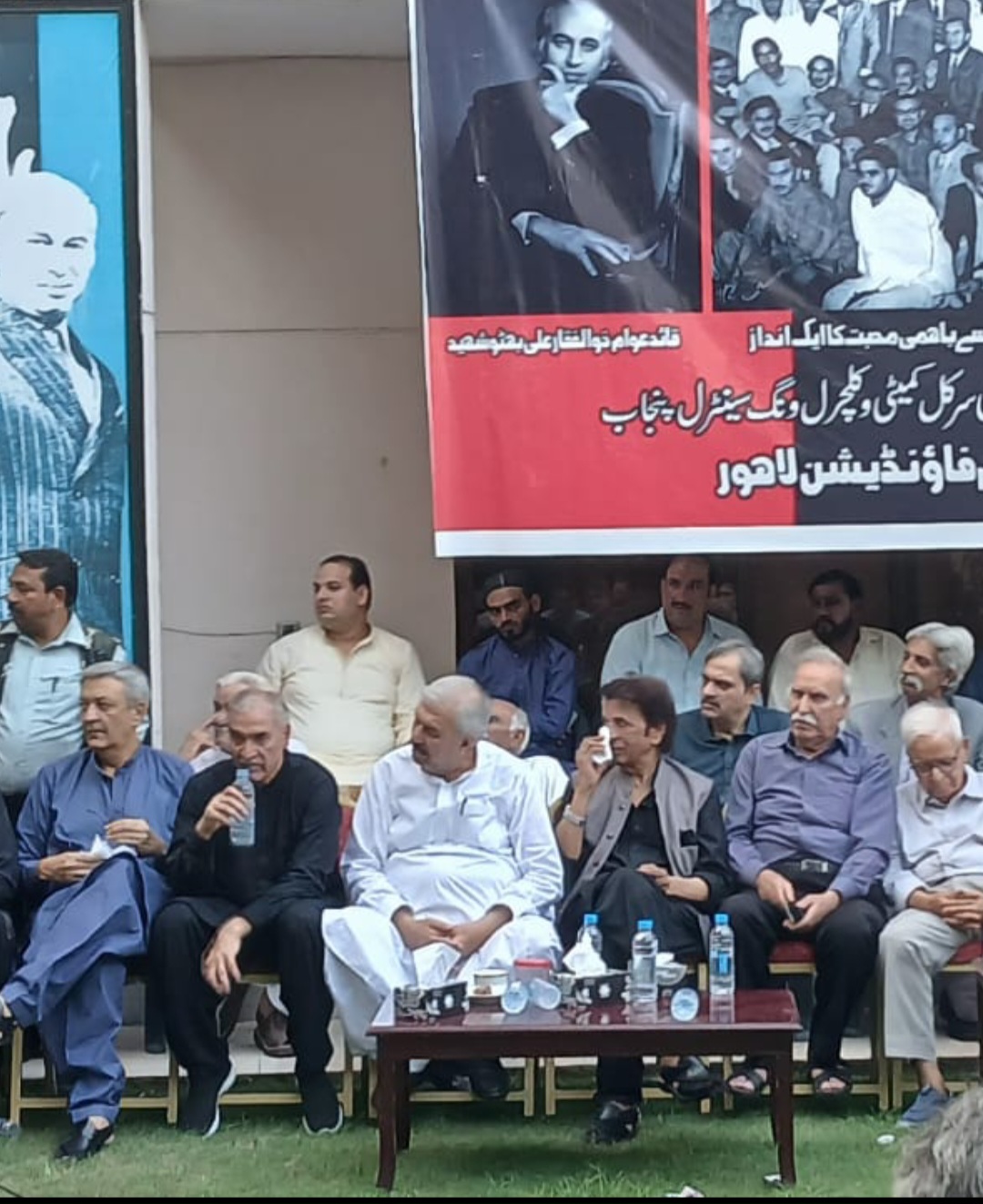
PPP Demands Government Utilize BISP Data for Flood Victim Relief Distribution
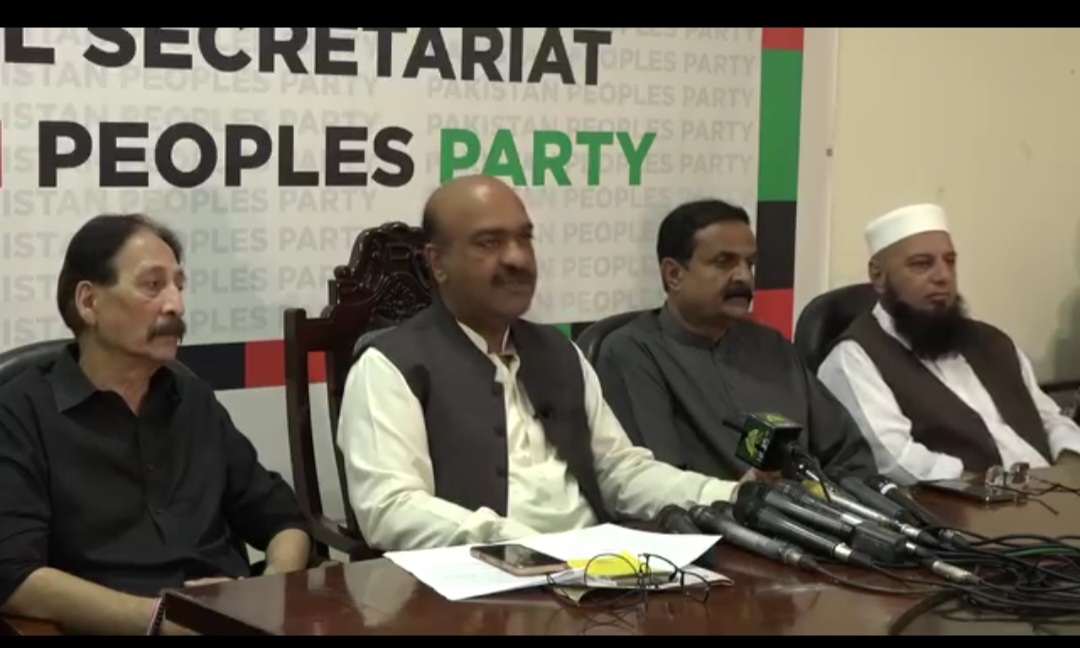

No comments yet.